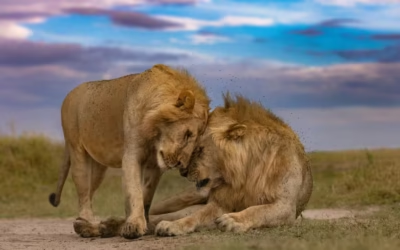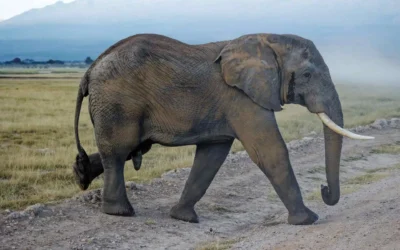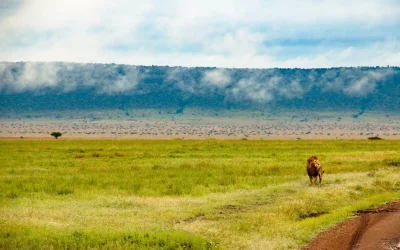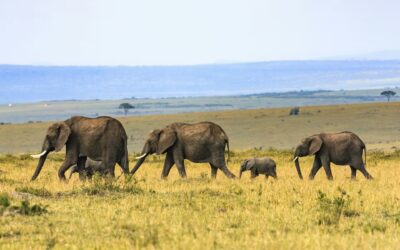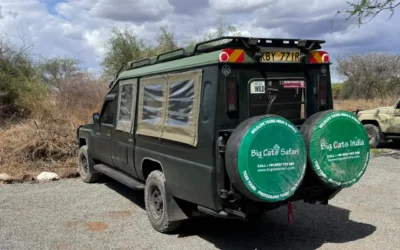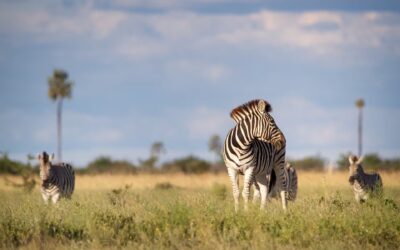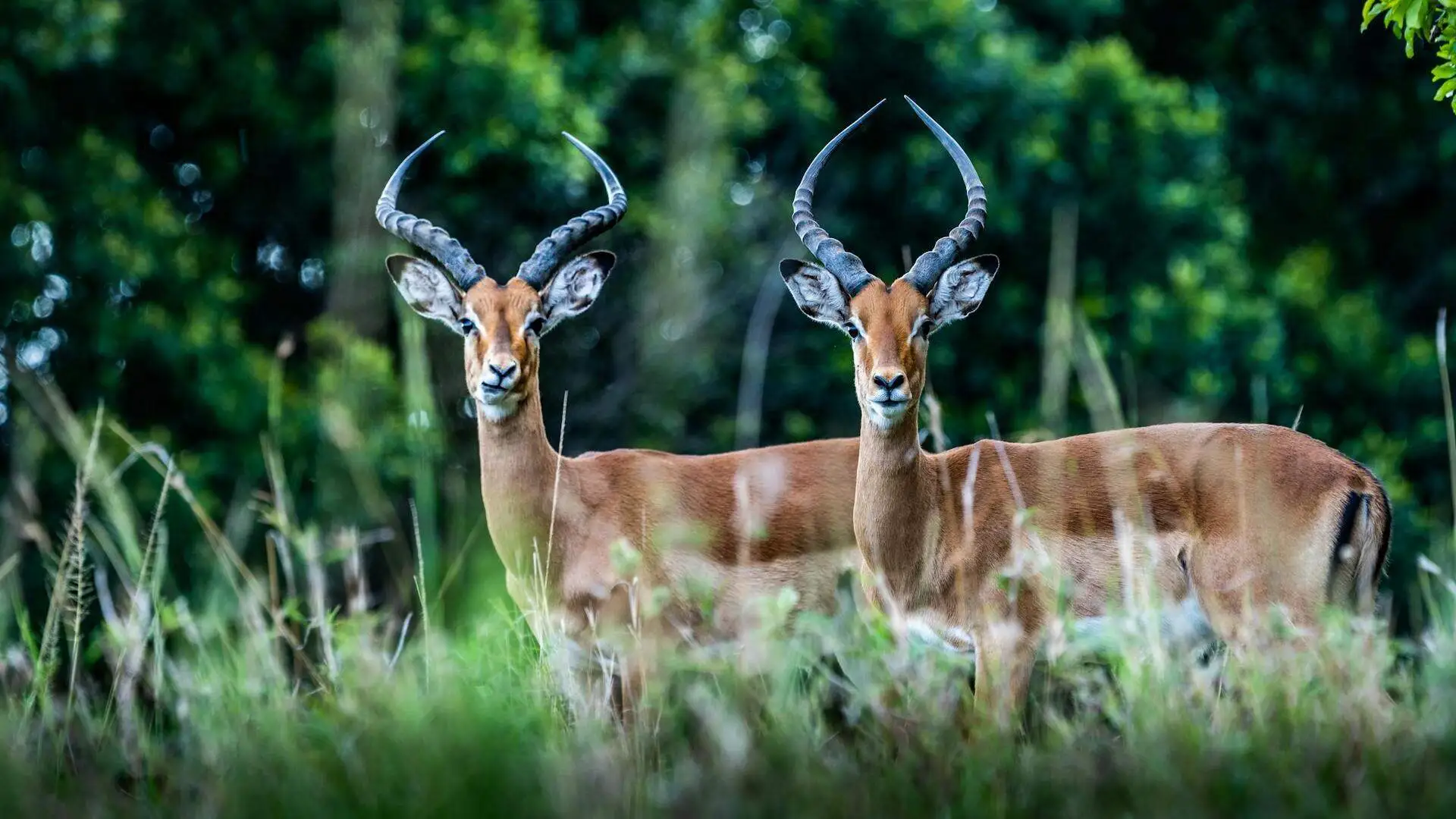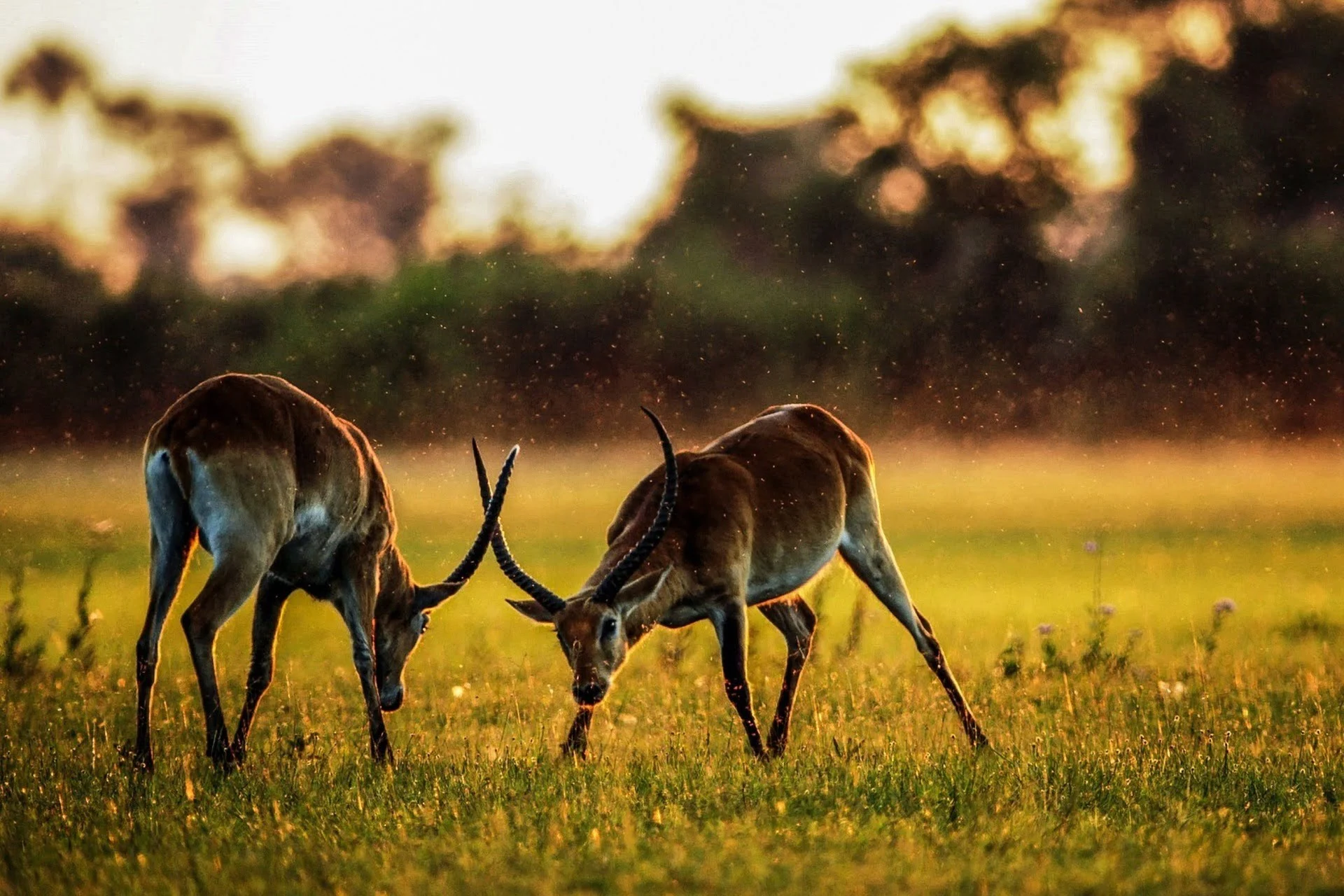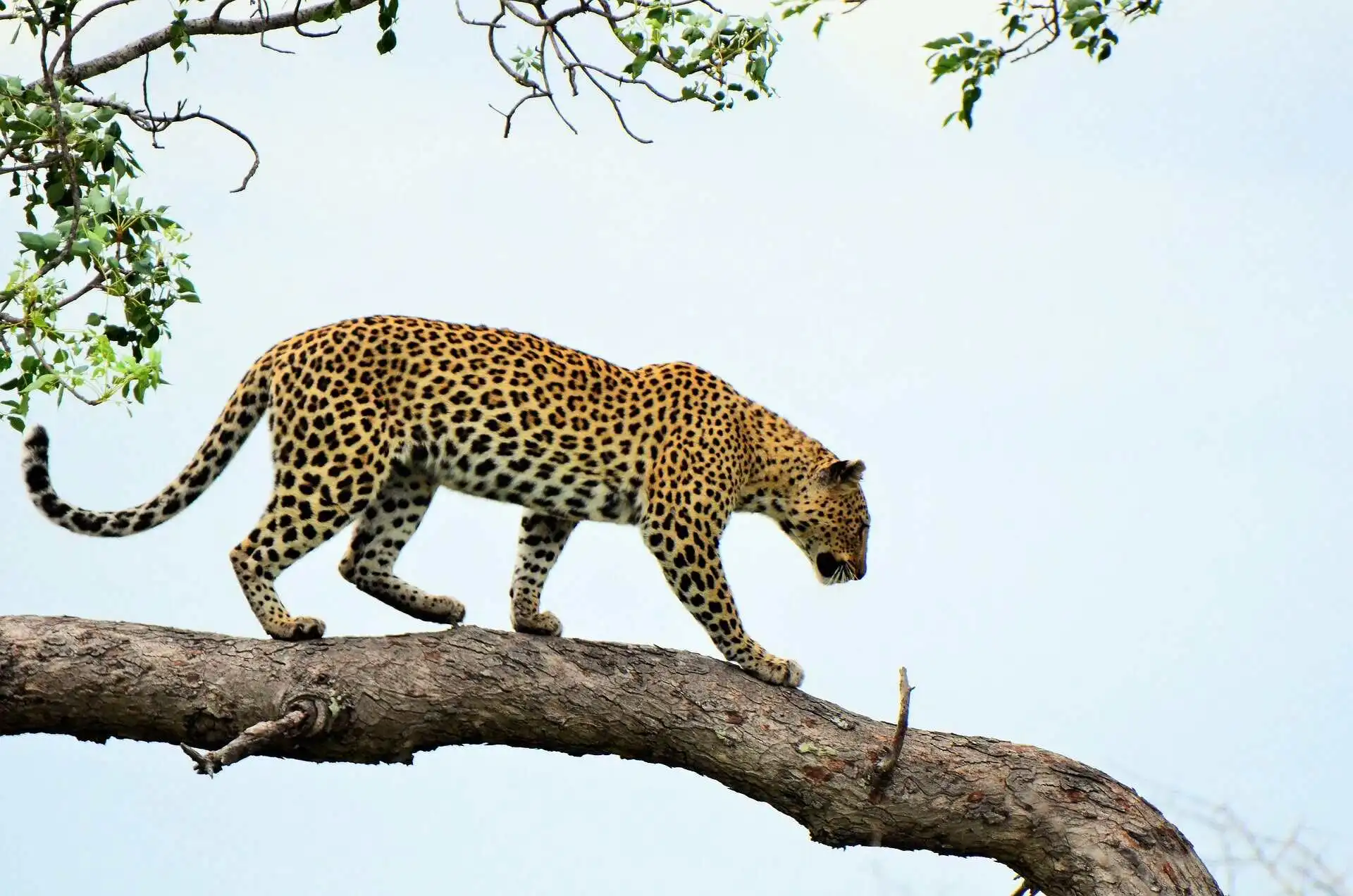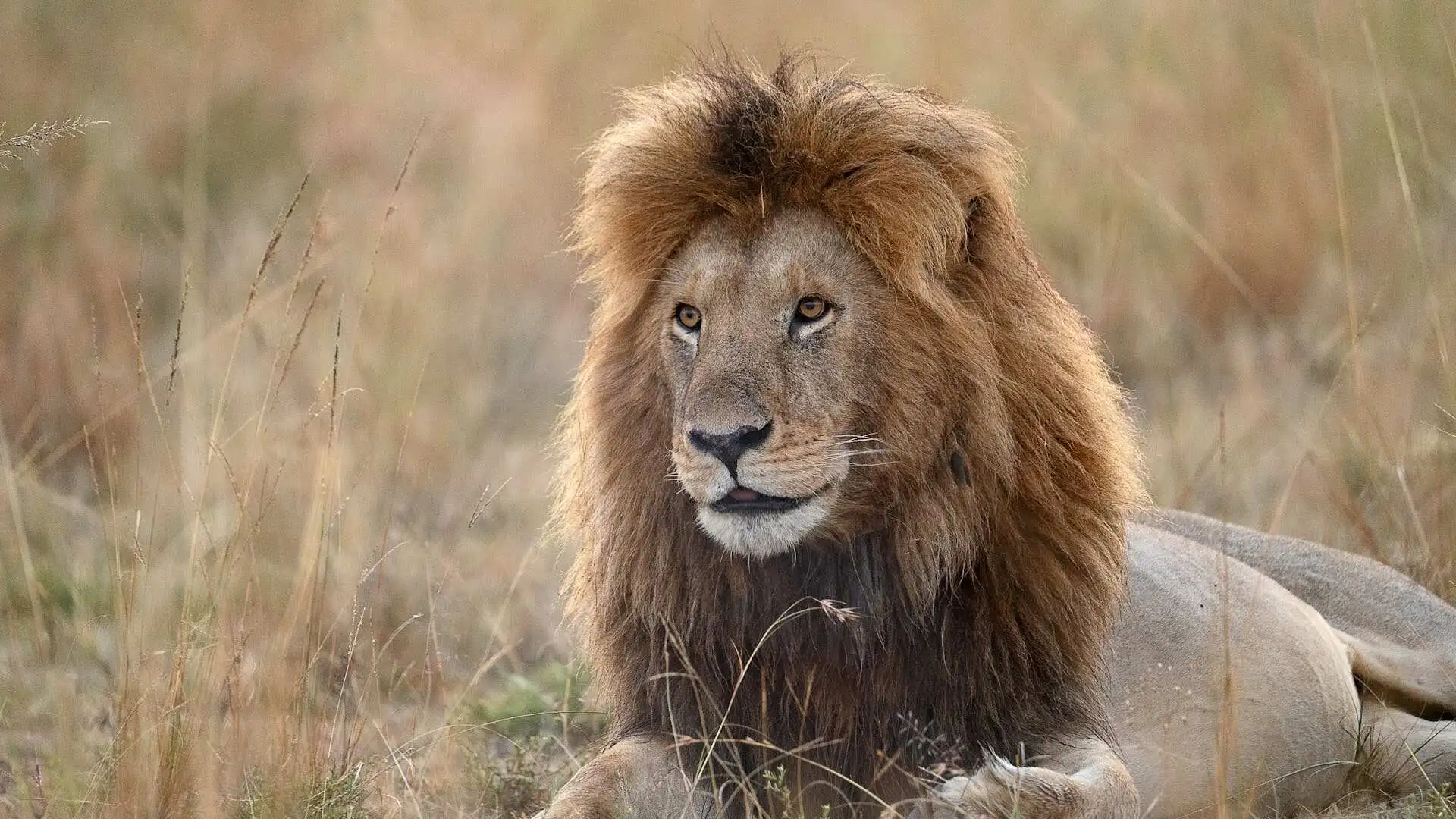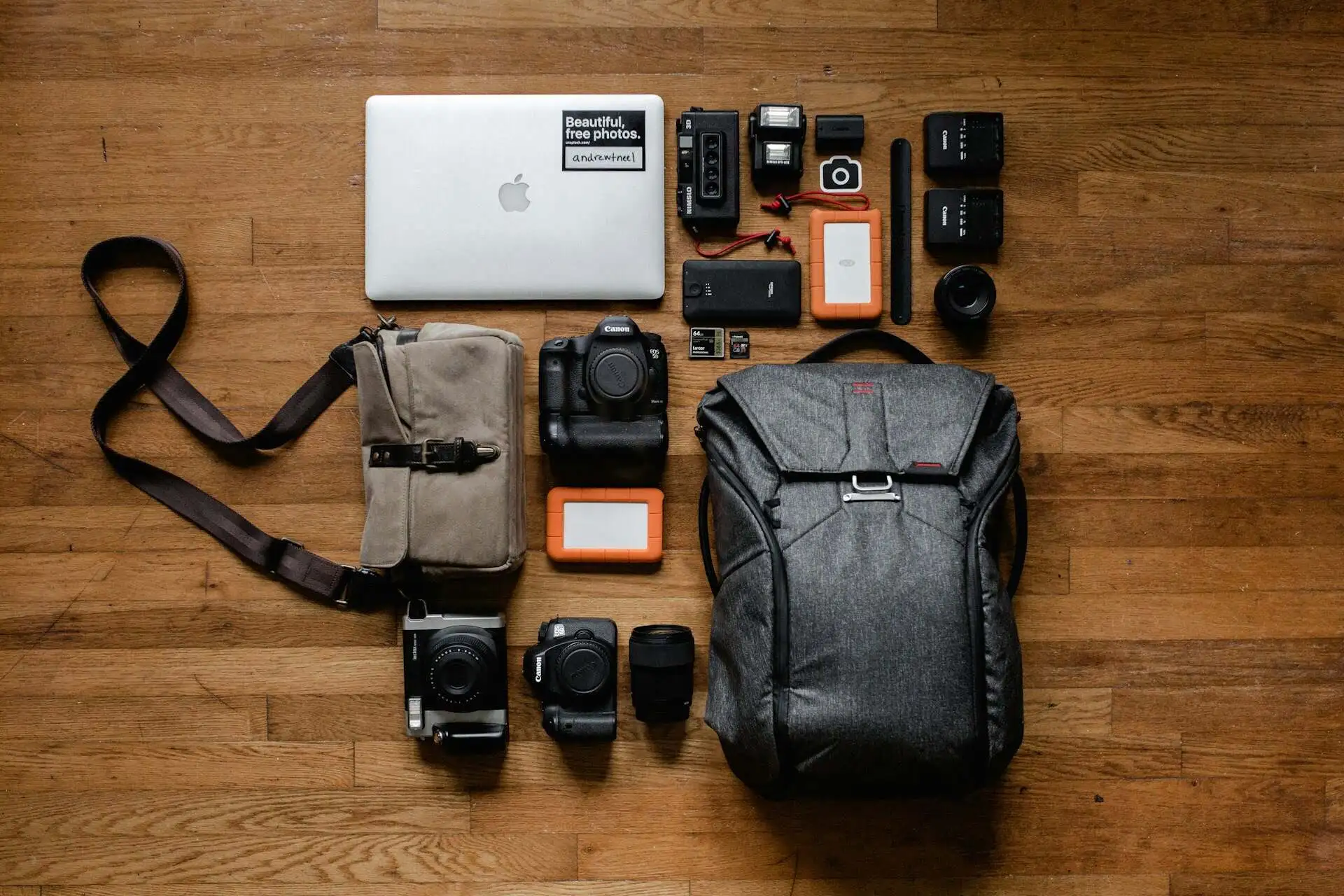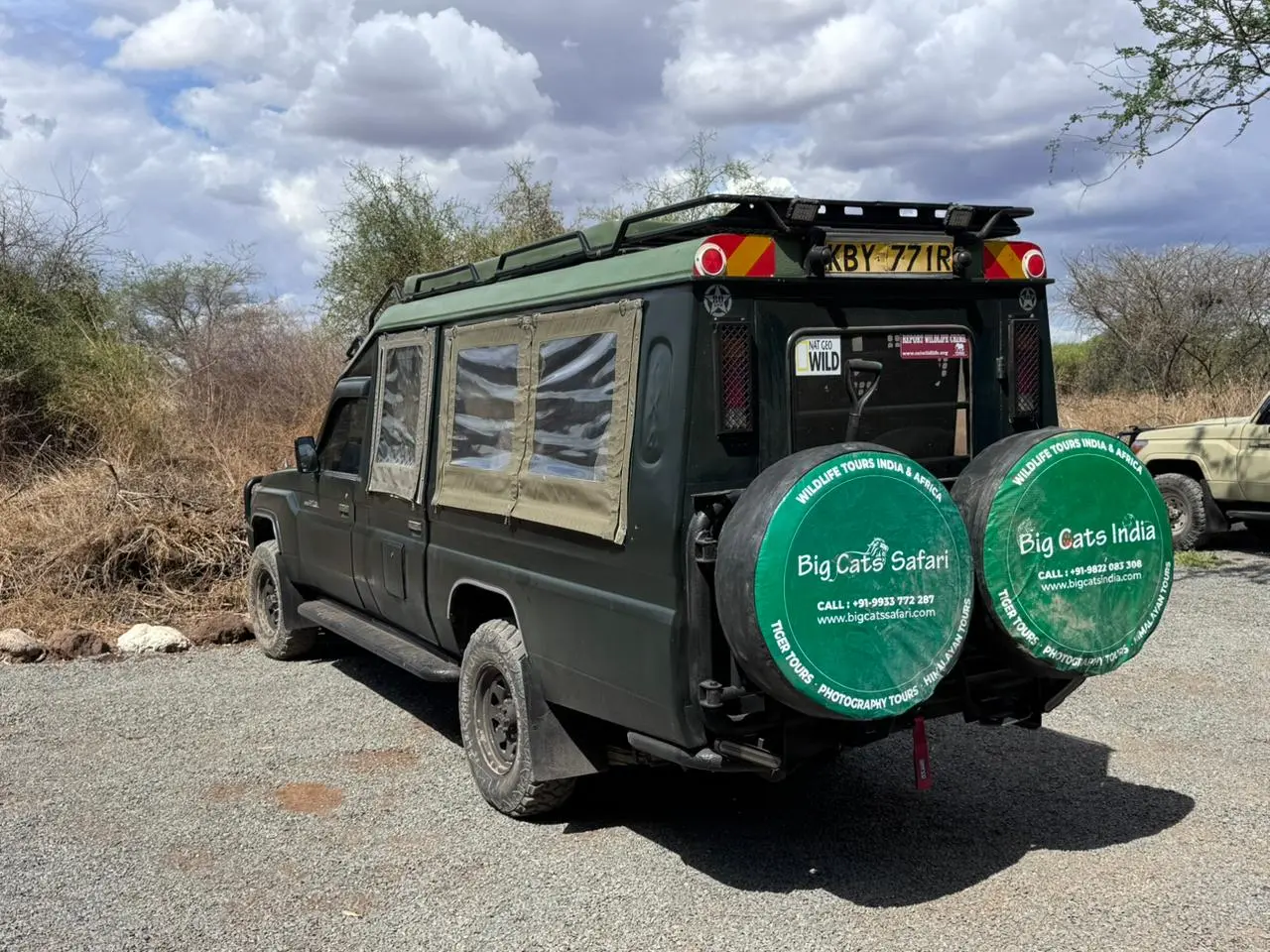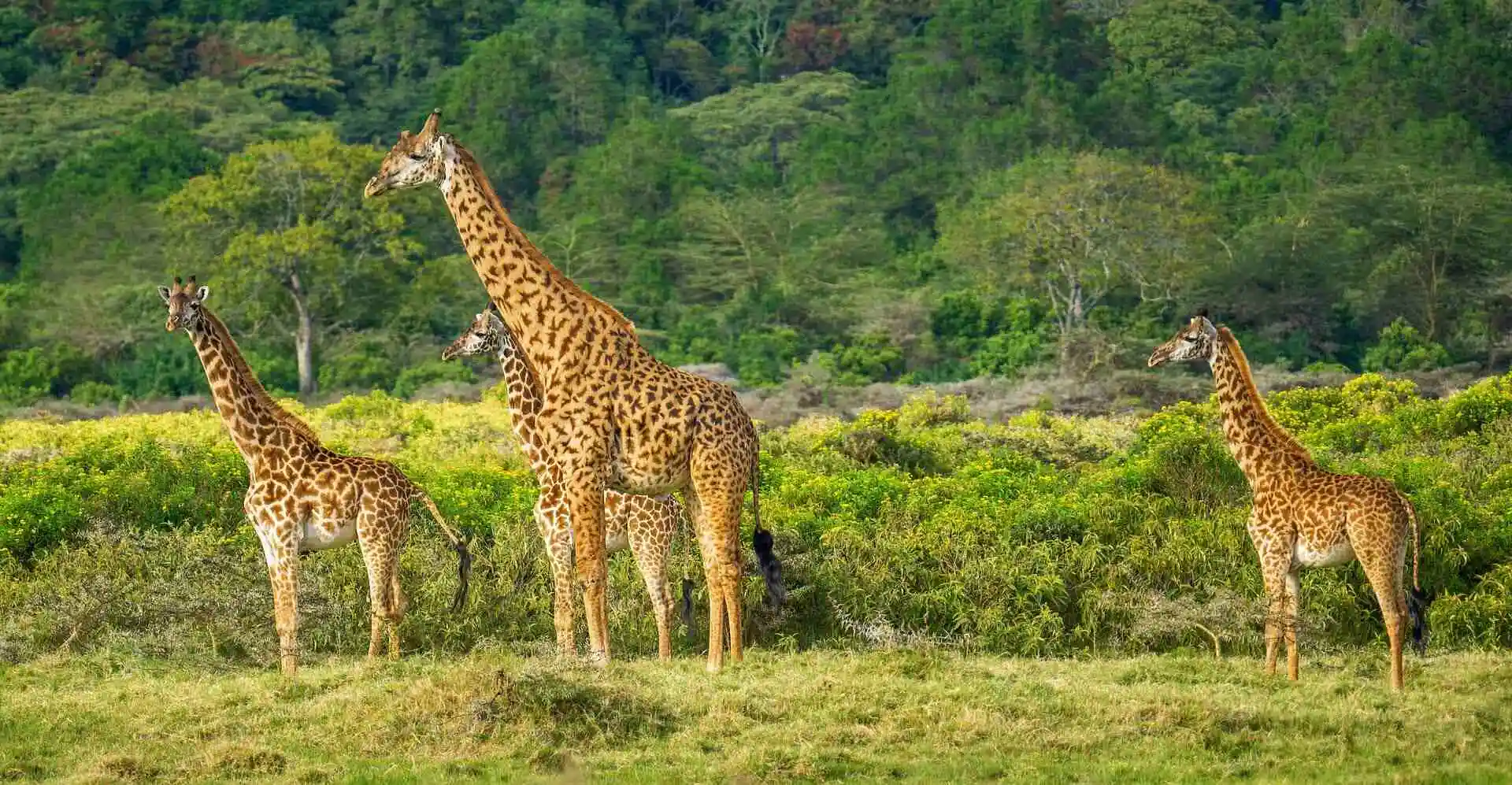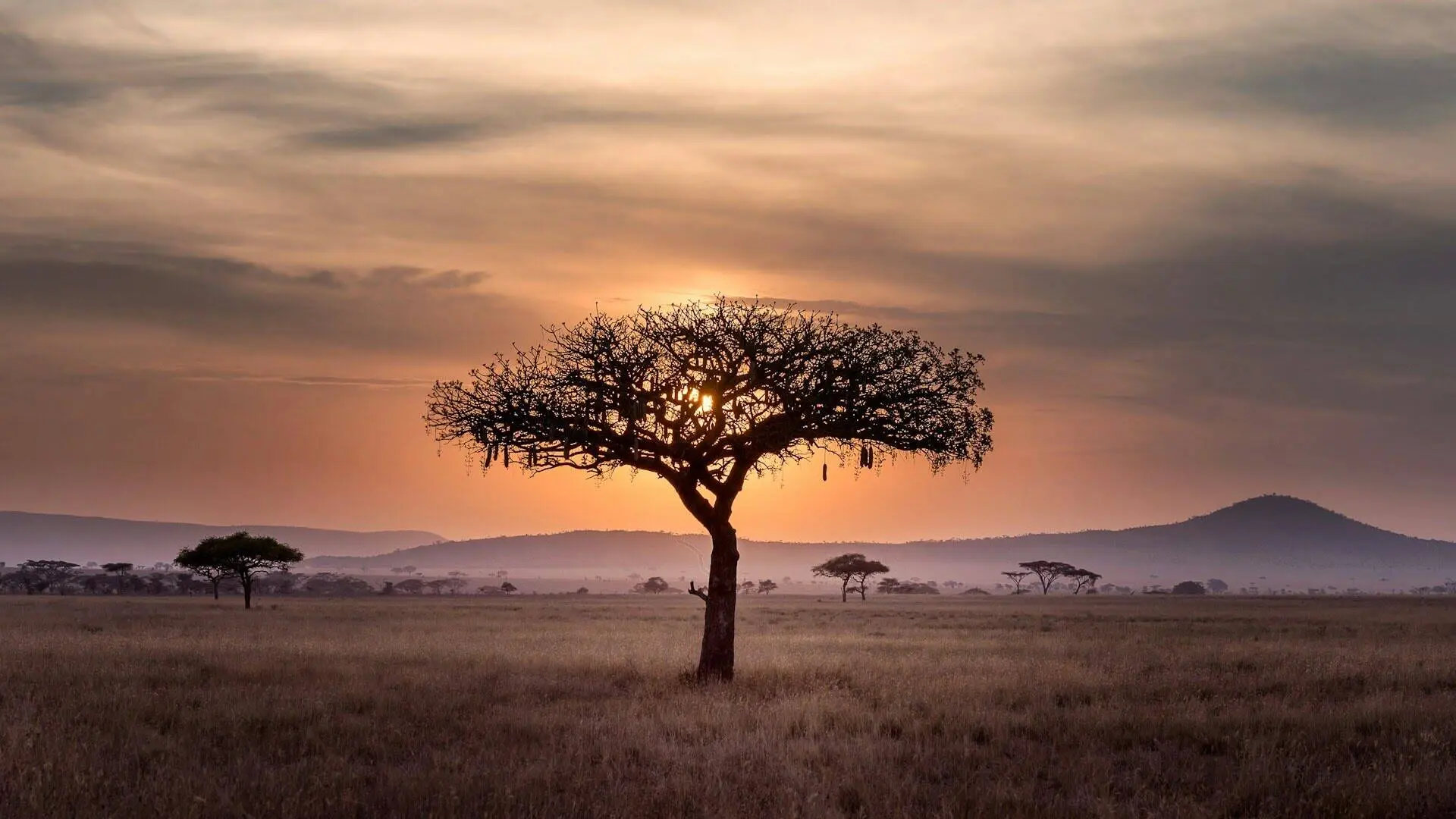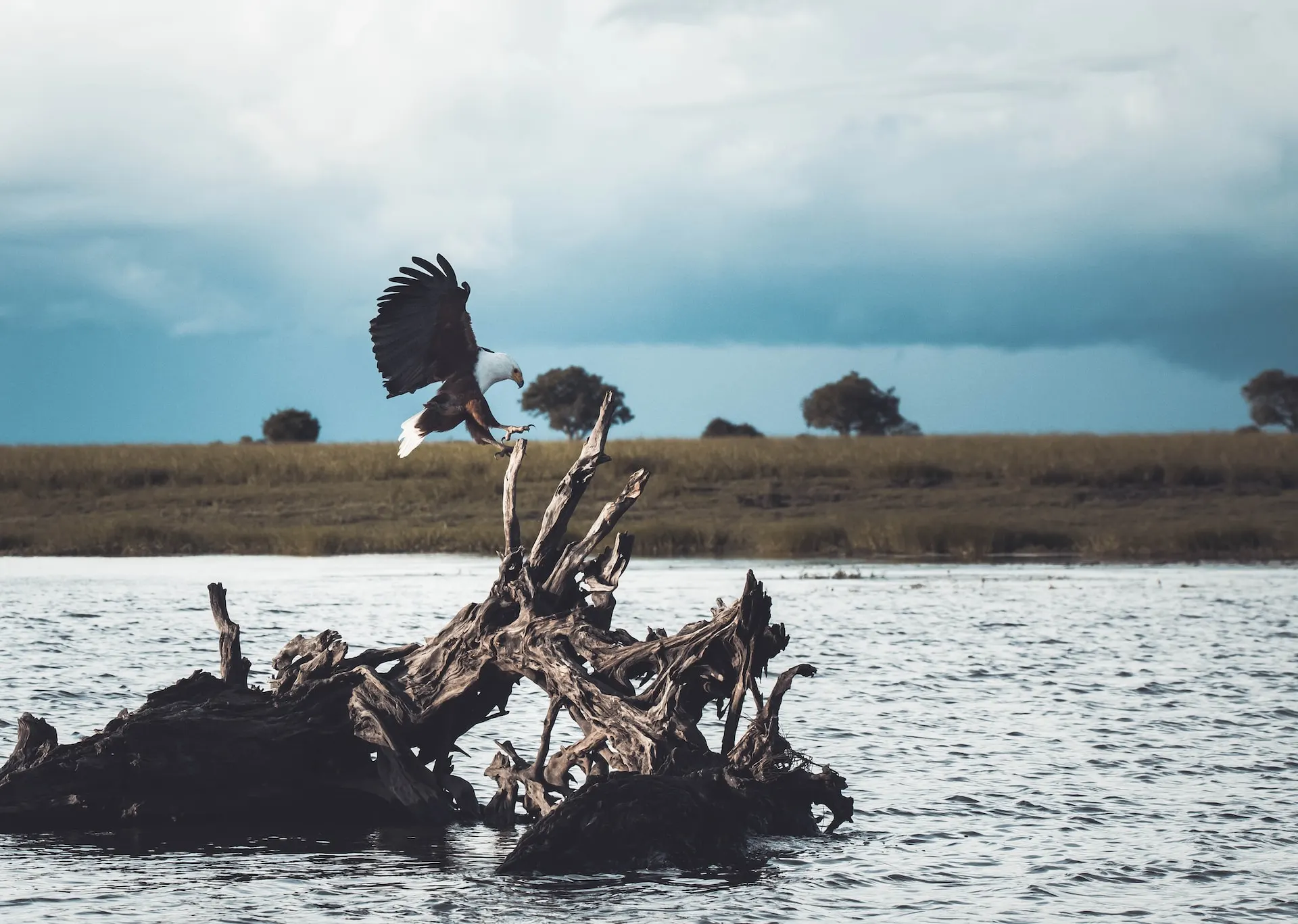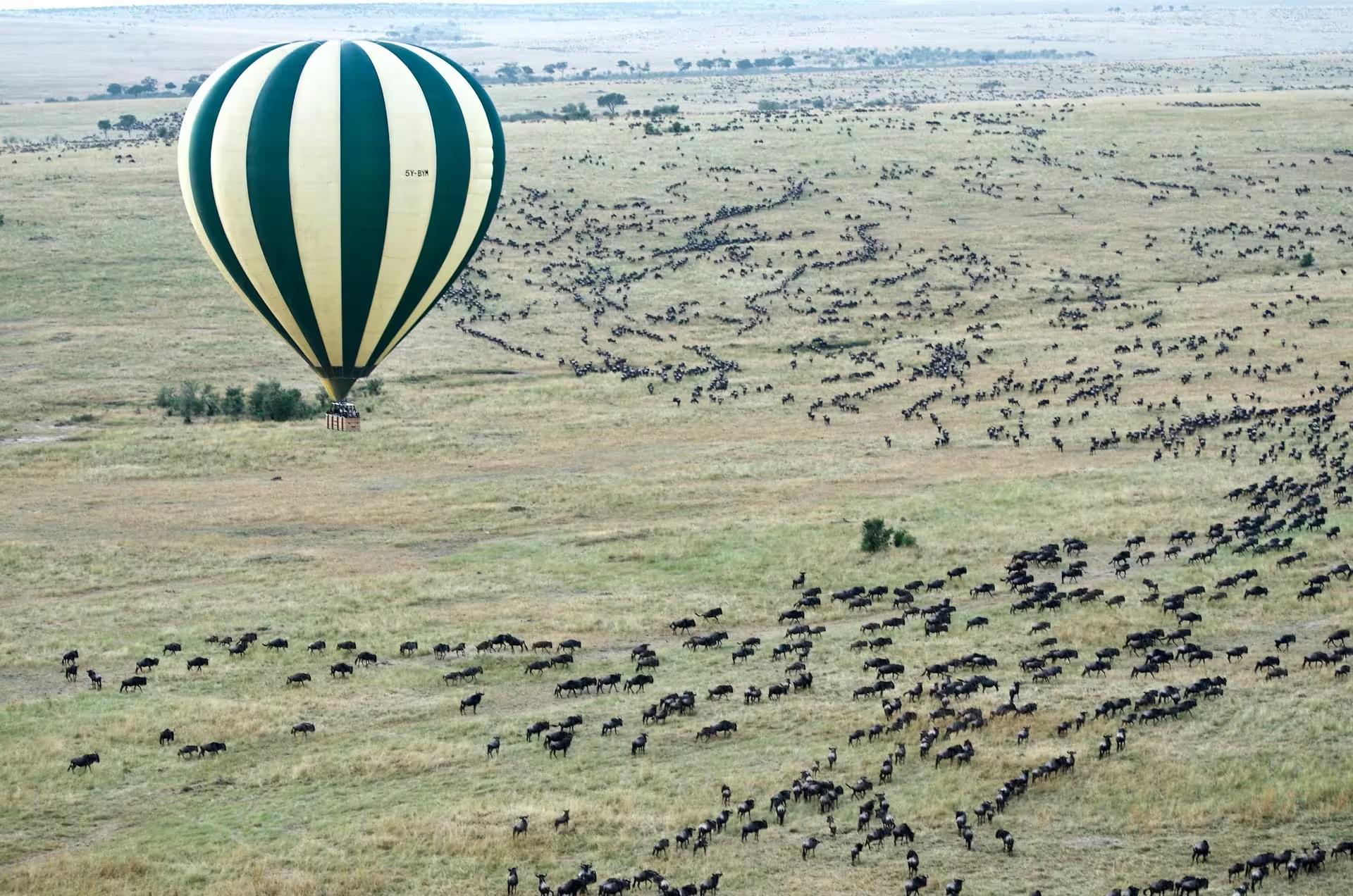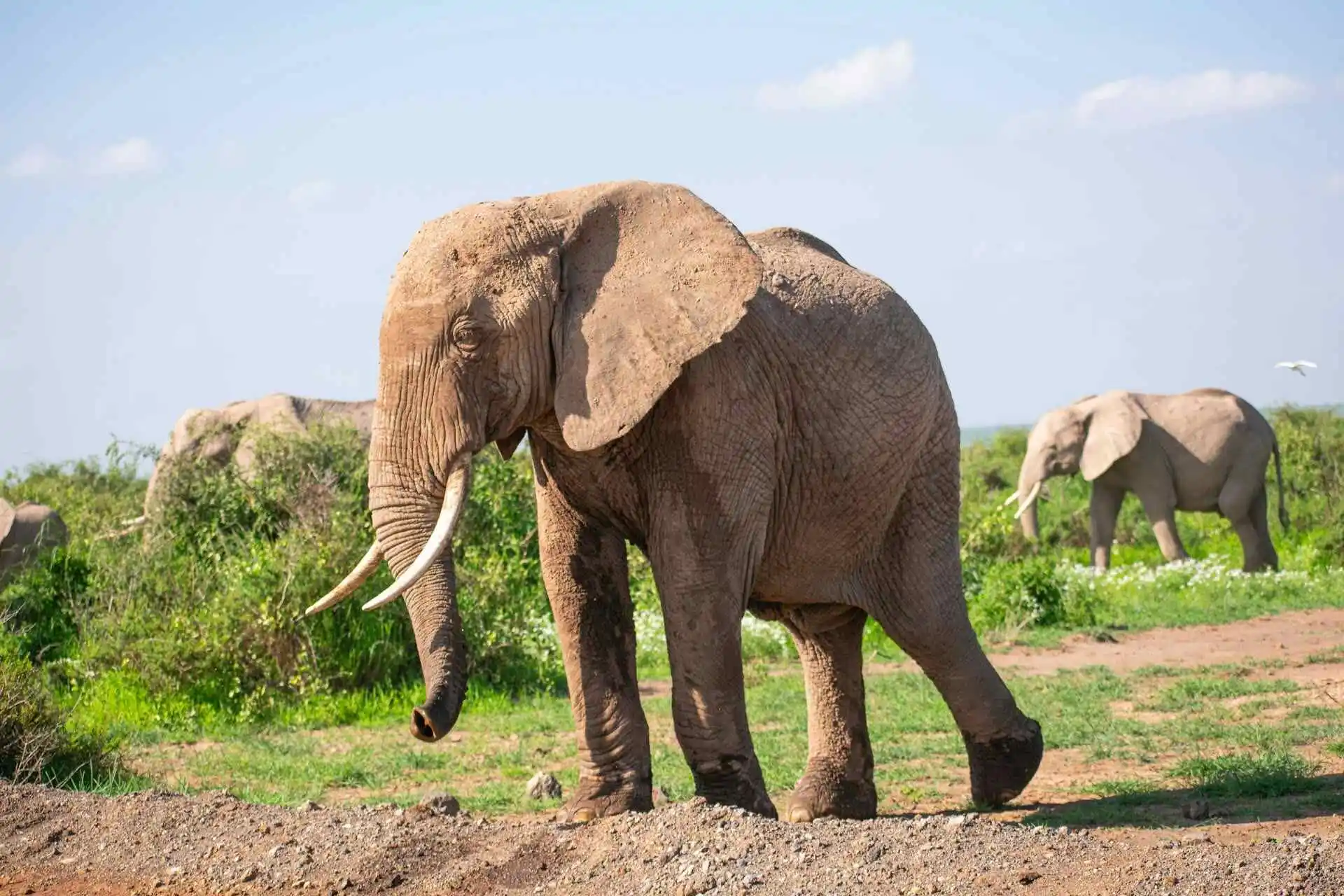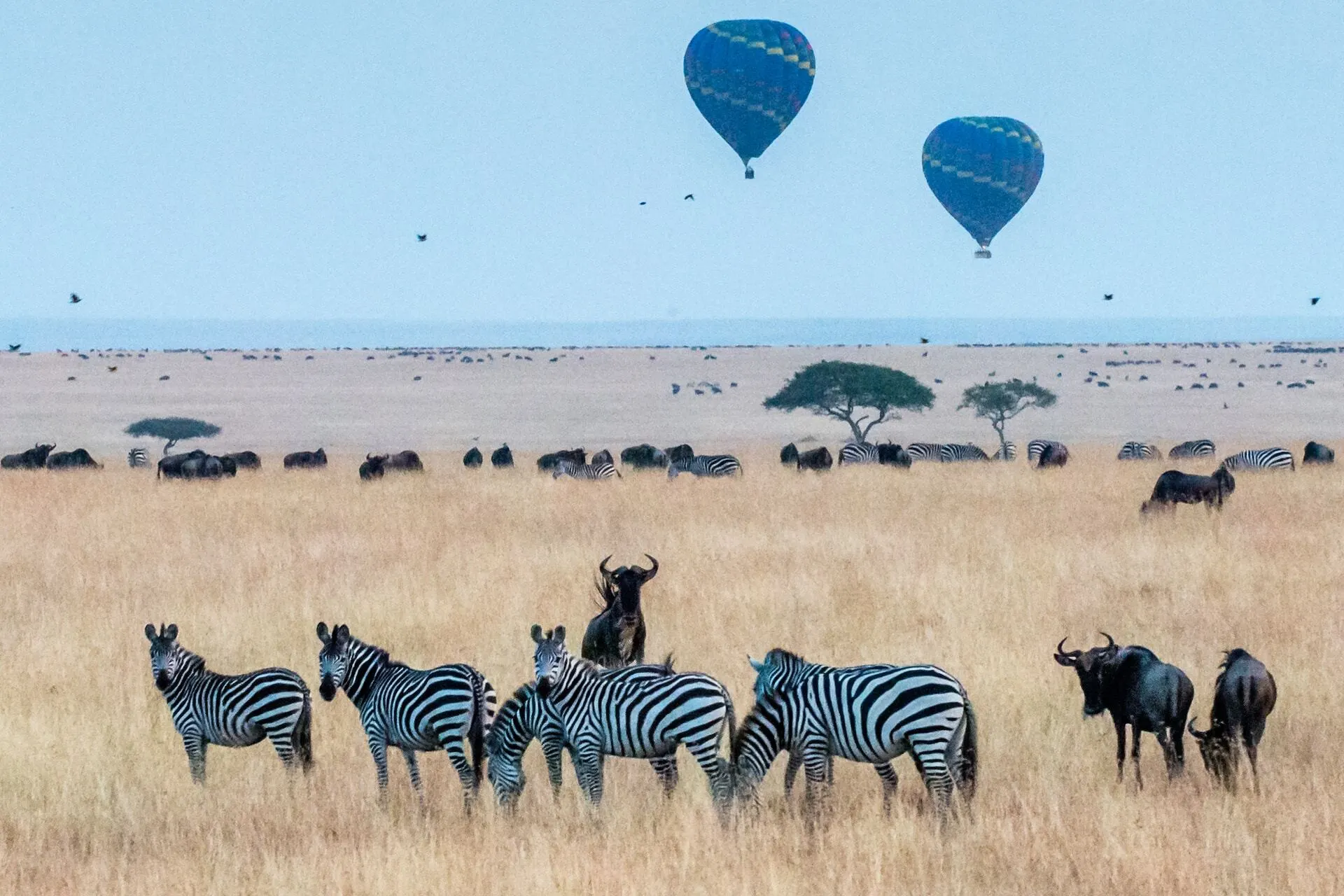Planning for your dream safari? You are just in for a complete experience of a lifetime! However, you may feel confused about which safari is the best one with so many options available. But worry no more! We have your back. Here are the best five smart hacks that you cannot miss at all to make your African adventure a lifetime experience.
5 Hidden Tips to Make the Most Out of Your African Adventure
Go through the tips below and decide for yourself:
When Should You Book and Plan Your Travel?
You must book really early. The best safari lodges and camps often fill up 9-12 months in advance. The peak season counts here too. Trust us, we have seen much disappointed faces when travellers try to book just a few months advance!
Wildlife viewing changes each season. Aim for July to October months to enjoy the great migration in Kenya and Tanzania. Green season, which is from November to March is best to view the baby animals.
Insider tip – Consider shoulder seasons (April-June or November) for better rates and less crowds. You will still plenty of animals and might save up to 30% on accommodations.
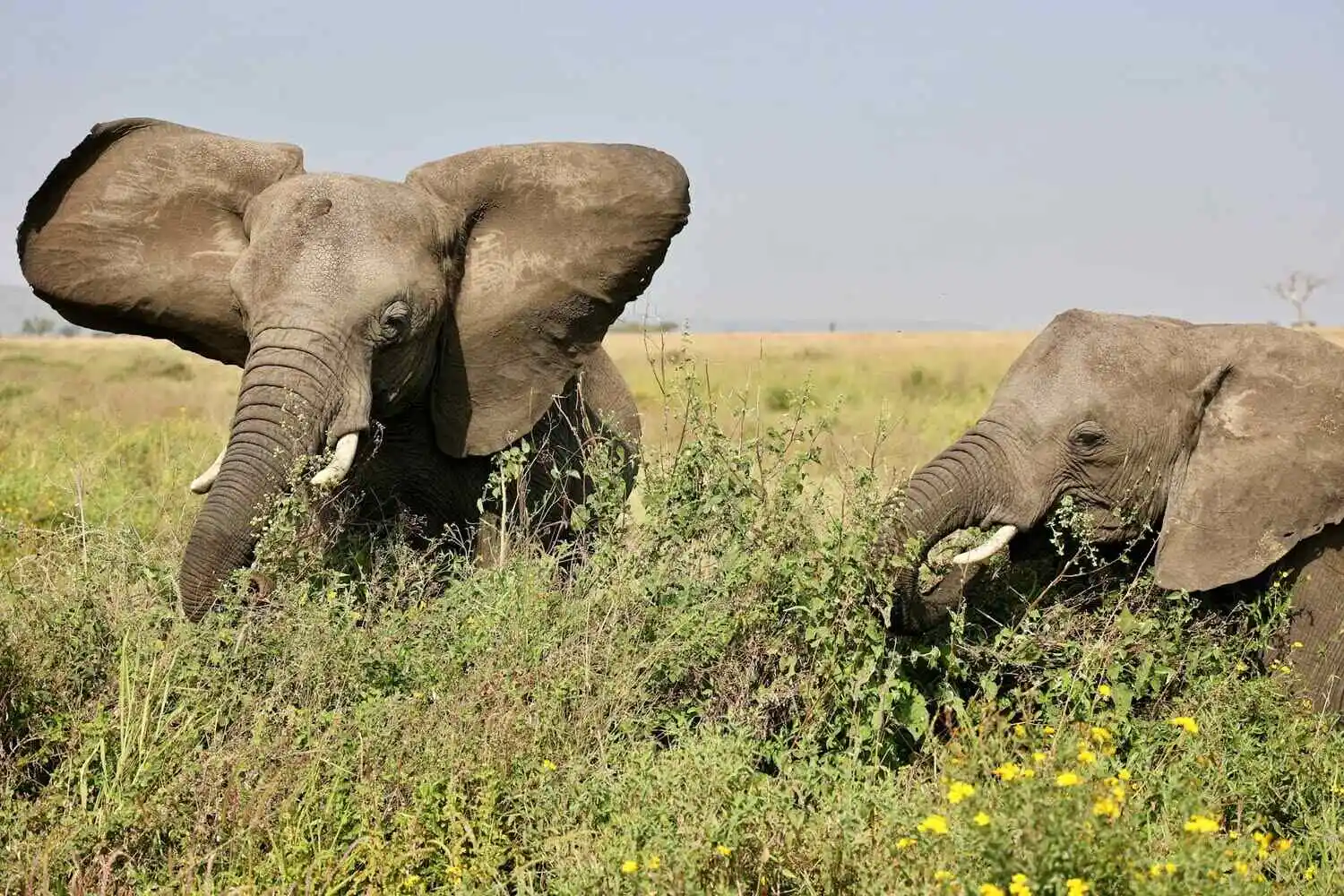
| Factor | Low Season (Green Season) | High Season (Dry Season) |
|---|---|---|
| Timeframe | Typically November-May (varies by region) | June-October (varies by region) |
| Pricing | 20-40% lower rates on lodging and packages | Premium pricing, often 30-50% higher |
| Wildlife Viewing | Animals more dispersed, lush vegetation can make spotting harder | Concentrated wildlife near water sources, easier spotting |
| Landscape | Vibrant green scenery, dramatic skies, excellent for photography | Golden savanna, stark landscapes, dust can affect photos |
| Crowds | Fewer vehicles, more private experiences | Popular areas can have traffic jams around sightings |
| Weather | Occasional rain showers, higher humidity, cooler mornings | Dry conditions, warmer days, chilly mornings/evenings |
| Birdwatching | Excellent - migratory birds present, breeding plumage | Fewer species, but still good viewing |
| Baby Animals | More newborns, especially in early green season | Fewer newborns, but still present |
| Mosquitoes | Higher presence due to rainfall | Reduced presence in dry conditions |
| Availability | Easier last-minute bookings, more negotiable rates | Premium camps book 9-12 months in advance |
| Special Events | Great Migration birthing season in Tanzania (Jan-Mar) | Great Migration river crossings in Kenya (Jul-Sep) |
| Road Conditions | Some areas may have limited access due to rain | Better accessibility throughout safari regions |
Choose Your Best Safari Experience
You cannot compromise on safari experiences. Ask yourself the following questions:
- Are you looking for luxury gourmet meals and private pools?
- Do you want to relax in a serene camp site amidst nature?
Private safaris come with their own vehicle and guide. You get to control the schedule, sightings, and receive personal attention. Families, and photographers get to make the most out of these experiences. On the other hand, group safaris connect travellers from around the world in shared vehicles. They are more affordable and excellent for solo travellers or social butterflies.
However, fixed departure safaris run on specific dates with set itineraries. They are cost-effective. If you are looking for flexible schedule then opt for this. But, your capacity to modify the schedule is limited.
Research Your Destinations Because Location Matters
Each region has something unique to offer you:
- Tanzania’s Serengeti: Known for the Great Migration
- Kenya’s Masai Mara: Best for big cats and cultural experiences
- Botswana’s Okavango Delta: Amazing for water-based safaris
- South Africa’s Kruger: Perfect for first-timers with beautiful sightings
Private reserves allow you off-road driving and night drives, which national parks typically prohibit. This flexibility will increase your chances of more wildlife sightings.
Get a Tanzania-Kenya combo to experience different ecosystems in one trip. Just don’t try to cram too much into a short timeframe. You will spend more time traveling than watching wildlife!
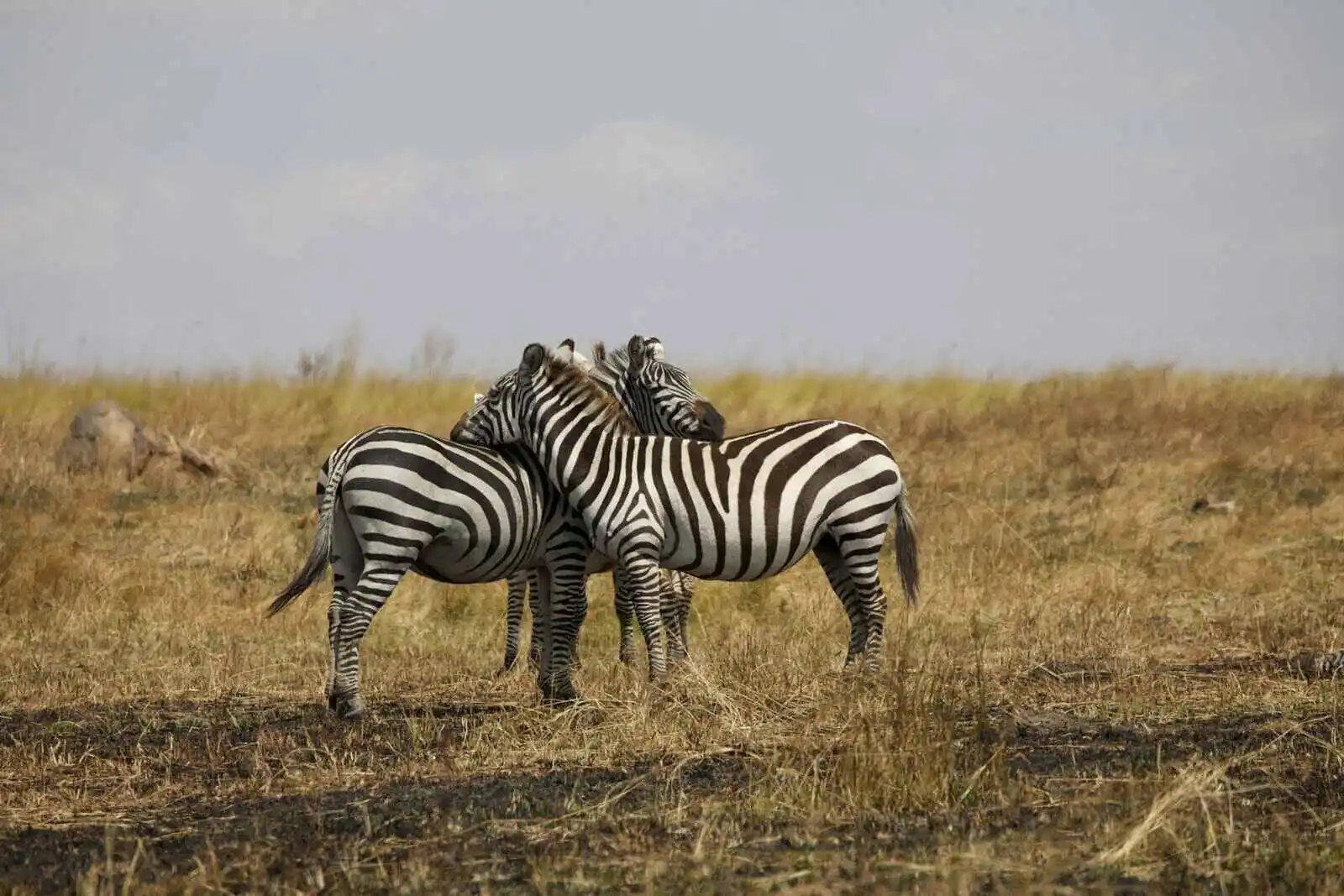
Whom Should You Trust as Your Right Operator?
Choosing the right safari operator can make or break your entire experience. You must go beyond the glossy brochures and websites. Check for operators with strong reputation. Look for reviews on platforms like TripAdvisor and SafariBookings. Research on their testimonials that mention guides, safety, and overall experience.
Ask these questions for easy tour planning:
- What happens if we don’t see the animals we hope to?
- How many people will be in our vehicle?
- What is your normal guide-to-guest ratio?
Your operator must guarantee specific animal sightings. Where nature is unpredictable, honest operators will keep up to your expectations.
The Ultimate Budget Planning You Need to Follow
Safari pricing can be confusing. Cheapest is not always best value. Many budget safaris do not include the park fees. This can make you spend more on specific parks.
Extra costs that may surprise you:
- Internal flights between safari locations
- Premium drinks
- Special adventure activities
Carry handful of cash for tips and local purchases. Many remote locations have limited or no credit card facilities. You would not want to miss out on that perfect handcrafted souvenir!
Finally, take your time to plan for your African safari. Do not rush. Keep these smart tips in mind while booking. Join hands with us to experience the ultimate wildlife adventure. We are ready to create the best package for you as per your requirements. Let’s head this once in a lifetime journey together.

